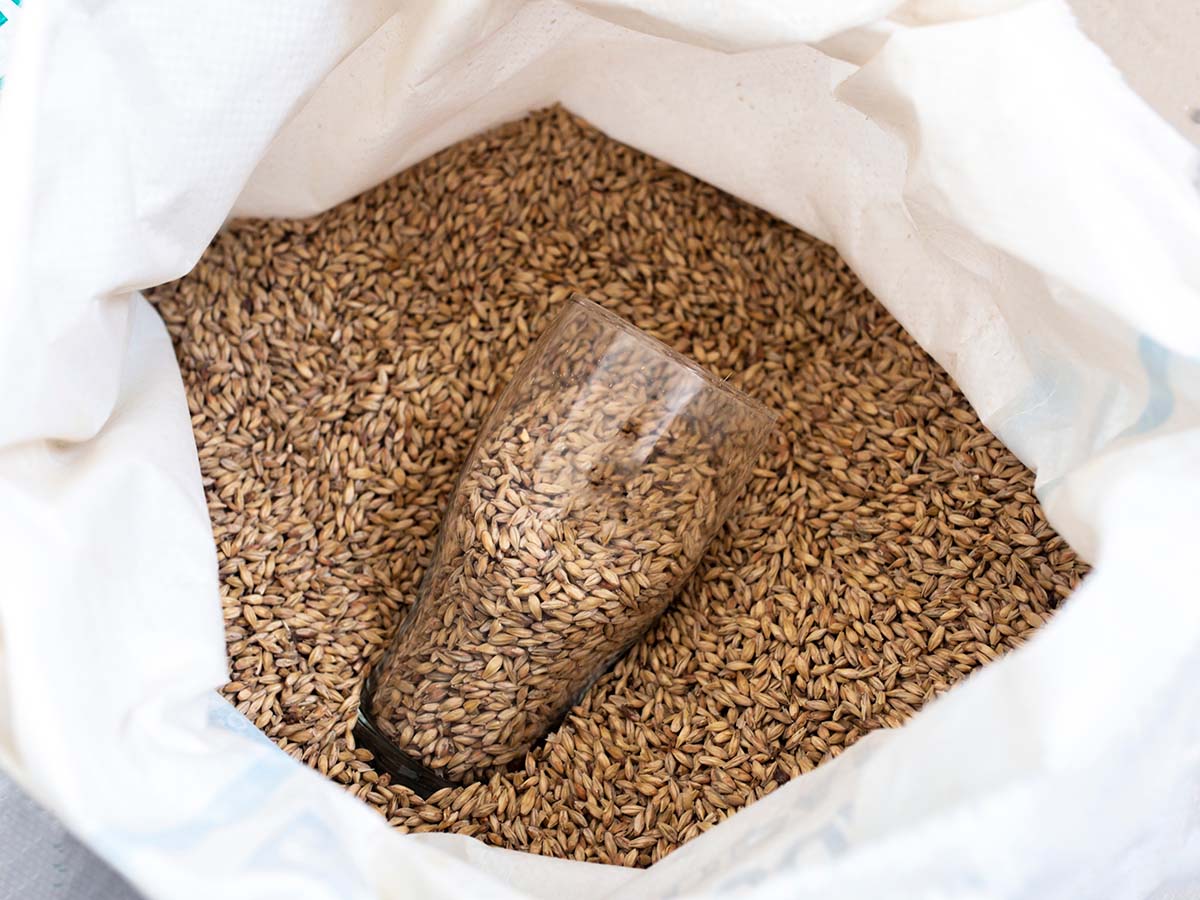
As a living organism, yeast needs the right nutrition to ensure it’s performing its fermentation duties to a consistent and desirable standard. Just as we require specific nutrients to remain fit, happy and healthy, so too does your brewing yeast. By understanding the nutritional requirements of yeast, we as brewers can ensure a successful fermentation and enjoy the fruits of our yeast’s labour. In this article, we’ll take a look at the sort of nutrition your yeast needs, what can happen if it’s not available and how to optimise yeast nutrition.
Understanding Yeast Nutrition:
Yeast is a microorganism that ferments the sugars present in the wort to produce alcohol and carbon dioxide. During this process, yeast requires certain nutrients to remain active and healthy. These nutrients can be broadly categorized into macronutrients and micronutrients.
Macronutrients:
Sugars: Maltose, glucose, fructose, and maltotriose are the primary sugars yeast metabolizes. Malt-based worts will usually provide ample amounts of these sugars.
Amino Acids and Ammonia: These are nitrogen sources for yeast. Yeast assimilable nitrogen (YAN) is the sum of free amino nitrogen and ammonia. Sources include malt, yeast extracts, and certain adjuncts.
Phosphates: Required for ATP generation and other metabolic processes.
Micronutrients:
Vitamins: Especially B-vitamins like thiamine, pantothenate, and biotin, which are essential for cell growth and sugar metabolism.
Minerals: Such as magnesium and zinc, which play roles in enzyme activities and protein synthesis.
Fatty Acids and Sterols: These are essential for maintaining cell membrane integrity. Healthy membranes are crucial for active fermentation and preventing unwanted by-products.
Why is Yeast Nutrition Important?
Yeast Health and Vigor:
A well-nourished yeast will undergo rapid, healthy cell division, ensuring a high yeast count and rapid fermentation. It also ensures the yeast remains active for longer, reducing the risk of stuck fermentations.
Flavor and Aroma:
Healthy yeast produces fewer off-flavors. Conversely, stressed yeast can produce unwanted compounds like fusel alcohols, sulfur compounds, or acetaldehyde.
Beer Quality:
Adequate yeast nutrition ensures complete fermentation. Undernourished yeast can leave behind residual sugars, leading to a beer that’s overly sweet or has an undesired mouthfeel.
Optimizing Yeast Nutrition:
Use High-Quality Malts: Quality malts often provide most of the nutrients yeast needs. However, when using adjuncts that lack nutrients, consider supplementing.
Yeast Nutrient Additions: Available in liquid or powder form, these are blends of amino acids, vitamins, minerals, and sometimes zinc. They can be added during the boil or mid-fermentation.
Oxygenation: While not a nutrient per se, oxygen is vital during the early stages of yeast growth. Oxygen helps yeast synthesize sterols and unsaturated fatty acids, crucial for cell membrane health.
Summary
Adequate yeast nutrition isn’t just about ensuring fermentation; it’s about ensuring that the beer you produce is of the highest quality. By understanding and providing what the yeast needs, you’re taking steps towards improving the taste, aroma, and overall character of your beer. Whether you’re a homebrewer or a professional, always remember: happy yeast makes happy beer!



